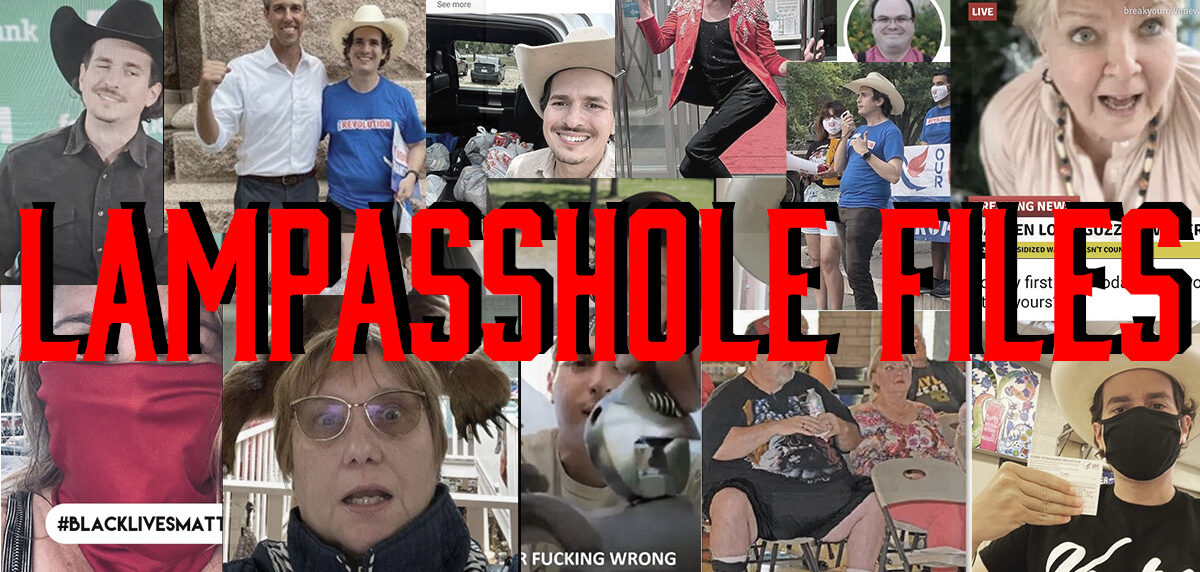How detrimental is it to allow far-left ideologues into bureaucratic public works positions? The state of Hawaii just found out this week with a blaze that engulfed the Island of Maui and killed at least 110 people. A series of management blunders are being blamed for the deadly wildfire, but one incident in particular has frightening implications.
With wildfires ripping across West Maui on Aug. 8, a state water official delayed the release of water that landowners requested to help protect their property from damage and stop the spread. The water standoff played out over much of the day and the water didn’t come until too late. The dispute involved the Department of Land and Natural Resources’ water resource management division and West Maui Land Co., which manages agricultural and residential subdivisions in West Maui.

According to accounts of four people with knowledge of the situation, M. Kaleo Manuel, a Native Hawaiian cultural practitioner and DLNR’s deputy director for water resource management, initially refused West Maui Land Co.’s requests for additional water to help prevent fires from spreading to properties managed by the company. Manuel eventually released water but not until after the fire had run its course.
His office has not yet commented on the delay of water resources.
How much damage could have been prevented with the extra water is not yet known. However, the question of “Why?” needs to be addressed in the wake of one of the worst natural disasters in Hawaii’s history. Though bureaucratic red tape might be the most obvious suggestion, a recent interview with M. Kaleo Manual offers some interesting and disturbing insight. Manuel waxes philosophical on “water equity” (“equity” being a pervasive woke buzzword) and an ancient “reverence” of water as god-like. He uses these beliefs to support his rationale for keeping tight controls over Hawaiian water supplies; not as a resource to be used, but as a holistic privilege offered by the government.
His sentiments represent a now familiar far-left cultism and propensity to place Earth worship and climate ideology over the the lives of average people. It is also a rather common trope of the far-left to depict indigenous peoples as environmental sages “one with the planet,” leaving it unaltered for thousands of years – This is not historically accurate but it certainly serves the purposes of the progressive narrative. Upon arrival on the islands, Polynesians introduced their own transported landscapes and alien species of animals. The population grew, cleared vegetation, and established an intricate agricultural system by the 1300s. Hawaii was indelibly altered by the Polynesians long before the Europeans ever arrived.

 (@jeremykauffman)
(@jeremykauffman)